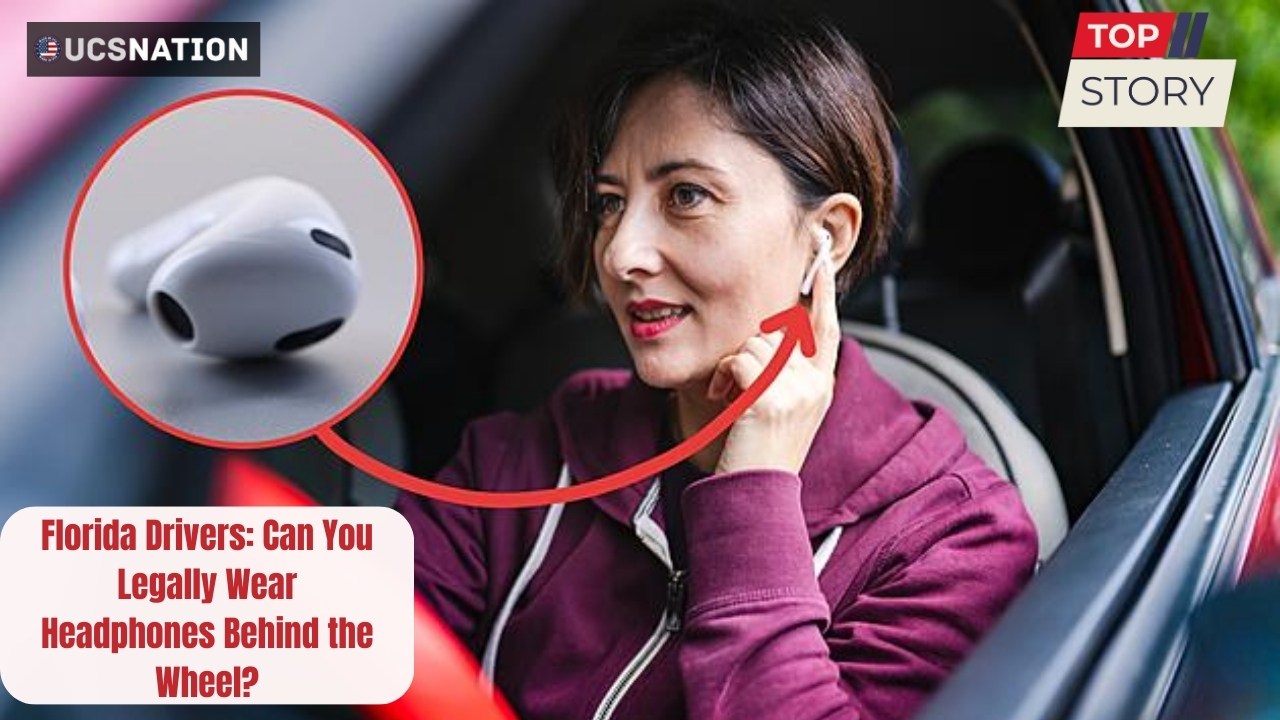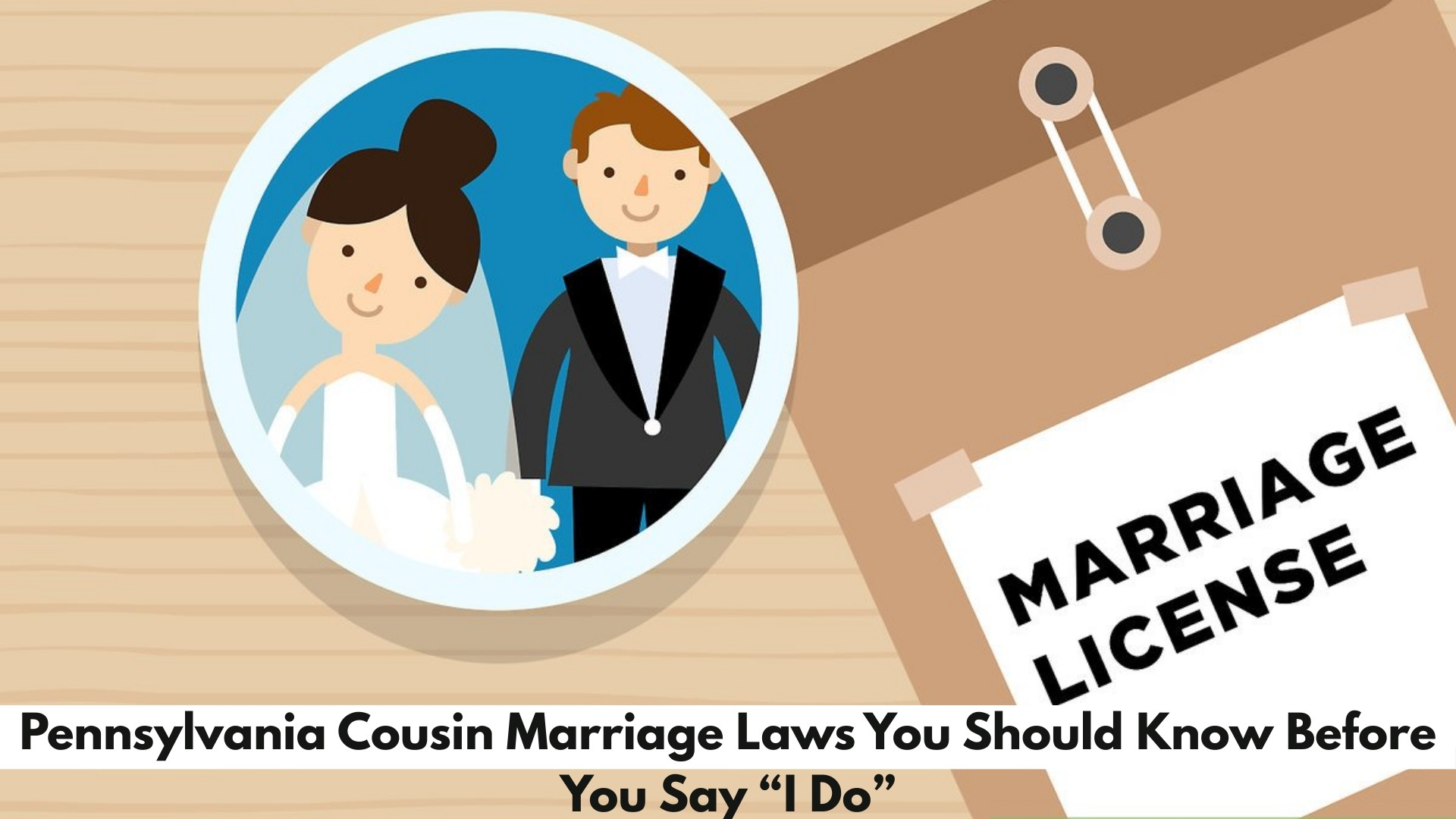Picture this: you’re cruising down I-95 with your favorite playlist pumping through your noise-canceling headphones, completely immersed in the music. Suddenly, you notice flashing lights in your rearview mirror. As the officer approaches your window, you wonder: “Is wearing headphones while driving actually illegal in Florida?”
This scenario plays out more frequently than you might think, as millions of drivers seek ways to enhance their driving experience with personal audio. With the proliferation of wireless earbuds and advanced headphone technology, understanding Florida’s stance on this issue has become increasingly important for drivers throughout the Sunshine State.
What Does Florida Law Say About Headphones While Driving?
Florida Statutes Section 316.304 explicitly addresses this subject. According to the law:
A person may not operate a vehicle while wearing a headset, headphones, or other listening devices, other than a hearing aid, that impede the person’s ability to hear.
This broadly means that wearing headphones, or similar devices that cover or are inserted in both ears, is prohibited for drivers.
Purpose of the Law
The intent of the statute is safety. The law presumes that blocking both ears reduces spatial awareness and the ability to hear critical sounds—sirens, horns, or screeching brakes—which is essential for reacting to road hazards.
Are There Any Exceptions?
Florida law does allow for certain exceptions, including:
- Hearing aids or devices for the hard of hearing: Legally permitted.
- Communication devices for motorcycle helmet users: If used only for communication for helmeted motorcyclists.
- Drivers of emergency vehicles (including police, fire, and ambulance): When required in the performance of their duties.
Unless you fall into these narrowly defined categories, wearing headphones covering both ears while driving is illegal.
Legal Implications and Potential Consequences
If You’re Caught
- Traffic Citation: Law enforcement can pull you over and issue a noncriminal traffic citation if they observe you wearing headphones or similar devices while driving, in violation of Section 316.304.
- Fine: The citation carries a monetary penalty, which can vary by county but commonly ranges from $60 to over $100, not including court or administrative fees.
- No Points: Normally, this infraction does not result in points on your driver’s license, but repeated violations can factor into your driving record.
After an Accident
- Liability: If you’re involved in a crash while wearing headphones, even if not the primary cause, it may be considered negligence per se (breaking the law), which could make you partially or fully liable for damages.
- Insurance Consequences: Violations, especially those contributing to an accident, may increase insurance premiums or result in the denial of certain claims.
FAQs: Headphones and Driving in Florida
1. Can I wear a single earbud while driving in Florida?
Yes. The law prohibits devices impeding hearing in both ears. Using a single earpiece (leaving one ear open) for phone calls is legal.
2. Does the law apply to passengers?
No. The statute targets vehicle operators, not passengers.
3. What about Bluetooth earpieces or bone conduction headphones?
If only one ear is covered or if the device doesn’t block the ear canal (as with bone conduction headphones), you may be within the law. However, anything that restricts hearing in both ears is prohibited.
4. Am I allowed to drive with headphones for navigation instructions?
No. The law doesn’t differentiate by use—wearing headphones in both ears is not allowed, regardless of content.
5. Is using a speakerphone or car’s built-in audio system legal?
Yes. These do not block your ears and are perfectly legal.
Safety Above All
Even when the law permits an earpiece in one ear, distraction remains a risk. Experts recommend minimizing all in-car distractions—including audio ones. If music, calls, or podcasts pull your attention from the road, it may be best to wait.
Bottom line:
In Florida, the law is clear: you may not drive with headphones or earbuds in both ears. While the convenience of personal audio is tempting, the legal risks and safety compromises outweigh the benefits. Keeping at least one ear open not only keeps you compliant with state law but also ensures you remain alert and attentive to the road around you.
Key takeaway: Florida drivers can use one earbud or earpiece, but wearing headphones that block both ears while driving is against the law and could lead to fines, liability in accidents, and higher insurance costs.















Leave a Reply